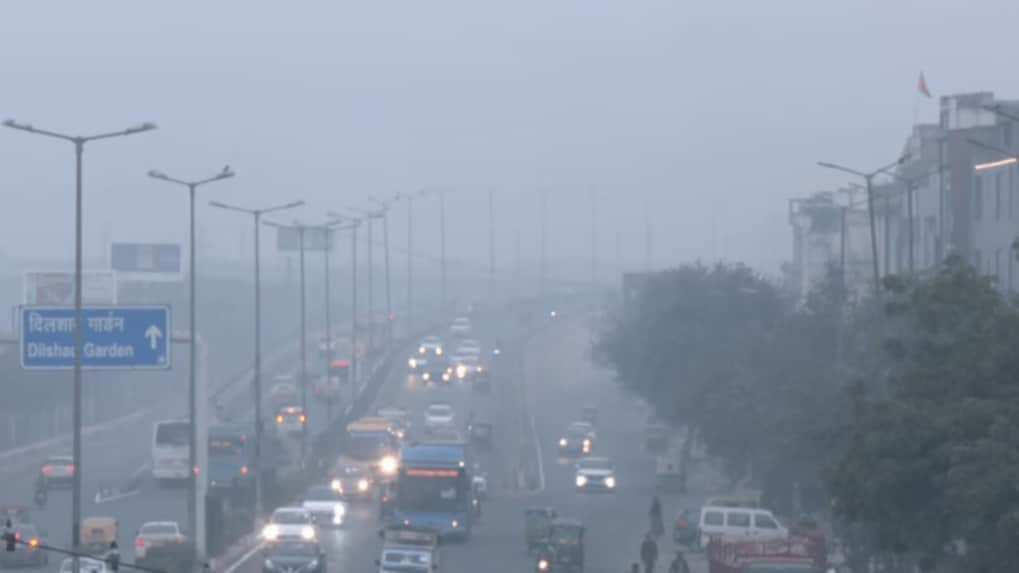Digital
Why OpenAI is hiring 100 ex-bankers: Inside the ChatGPT-maker's secret project to automate Wall Street's grunt work

The Delhi government on Wednesday announced that it will ban the entry of app-based cabs registered outside the capital, a decision taken after remarks by the Supreme Court and amid a renewed spike in pollution levels. Officials stated that a separate order detailing when the ban will come into force will be issued by the Transport Department, and clarified that only taxis bearing Delhi registration plates will be permitted to operate within city limits.
The move coincided with Delhi’s air quality slipping back into the ‘severe’ category, with the city recording an overall AQI of 421 at 7 am, according to the Central Pollution Control Board. The Supreme Court has been issuing regular directions in an effort to alleviate pollution concerns in the Delhi-NCR region, particularly during October and November when air quality deteriorates sharply each year.
On Tuesday, Transport Minister Kailash Gahlot said polluting vehicles were entering the capital freely despite GRAP Stage IV restrictions and instructed officials to strengthen checks at the borders. Stage IV curbs—triggered after AQI levels crossed 450—include a ban on construction activities and the entry of polluting trucks into Delhi. Gahlot added that the Supreme Court was monitoring the situation closely and warned that any laxity could attract strictures. The directive has been circulated to the Delhi Pollution Control Committee chairman, the Principal Secretary (Environment), and the Transport Commissioner.
Speaking to India Today, Ashwani Dubey, Advocate on Record in the Supreme Court, said the courts had repeatedly found that agricultural and crop residue burning in Punjab and Haryana remained a major contributor to Delhi-NCR pollution, and noted that despite National Green Tribunal directives under the Air Pollution Act, the practice persists. He argued that banning taxis—an essential mode of travel for children and women—was creating difficulties. He added that a prohibition on older private vehicles would have been more appropriate, stating that taxis with valid pollution certificates and PUCs should be allowed to operate. Dubey further said that instead of focusing on crop burning, the authorities were restricting taxis even though diesel vehicles were not the primary cause of pollution within the city.
Meanwhile, Uber said it had not received any communication regarding the ban. The company stated that all vehicles on its platform in Delhi were either CNG or electric and emphasised that shared mobility supports reduced congestion by allowing more people to travel in fewer cars.
From Delhi’s sharp-tongued lyricists to Chennai’s bilingual innovators and North-East India’s experimental beatmakers, Rap 91 LIVE’s lineup was a sonic map of the country’s cultural diversity.
Read MoreAs WPP reels from revenue declines and vows sweeping restructuring, Publicis and Havas ride strong AI-led client demand. With Omnicom and IPG on the cusp of a historic merger, the global advertising landscape braces for a power realignment built on data, technology, and efficiency.